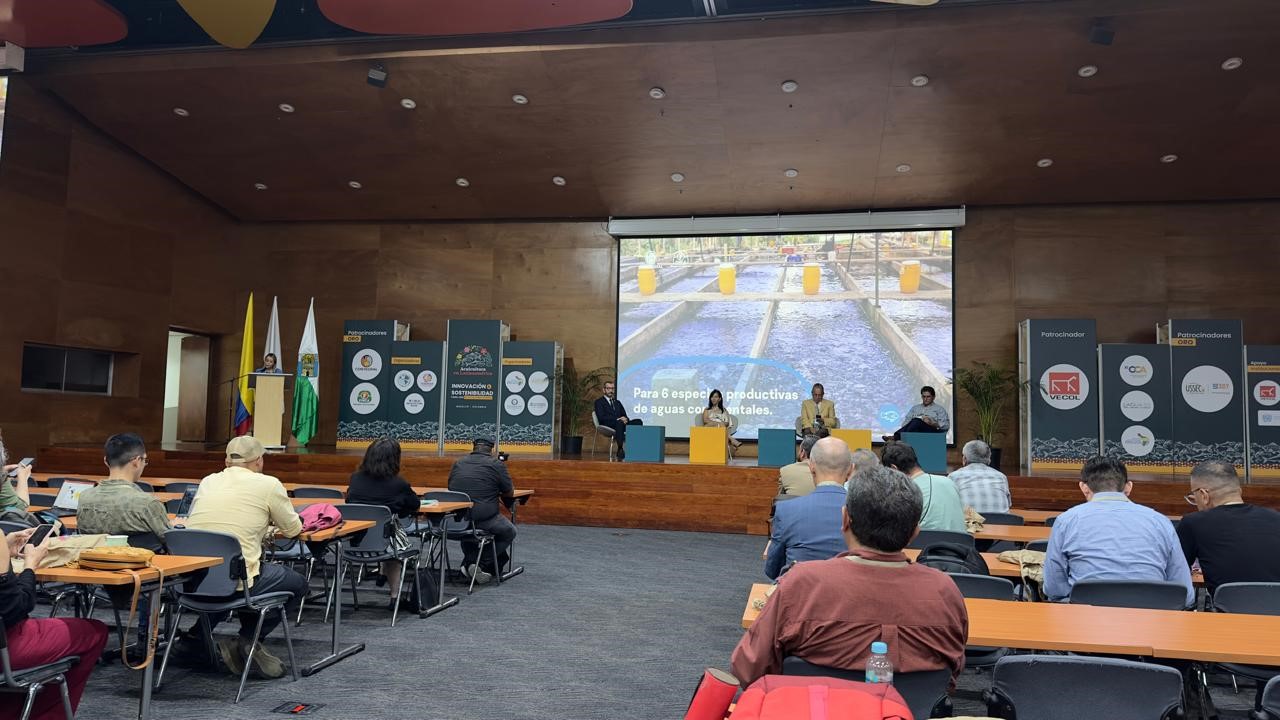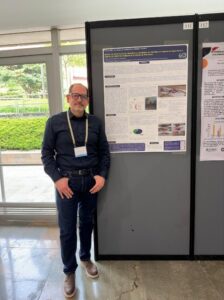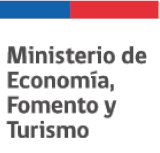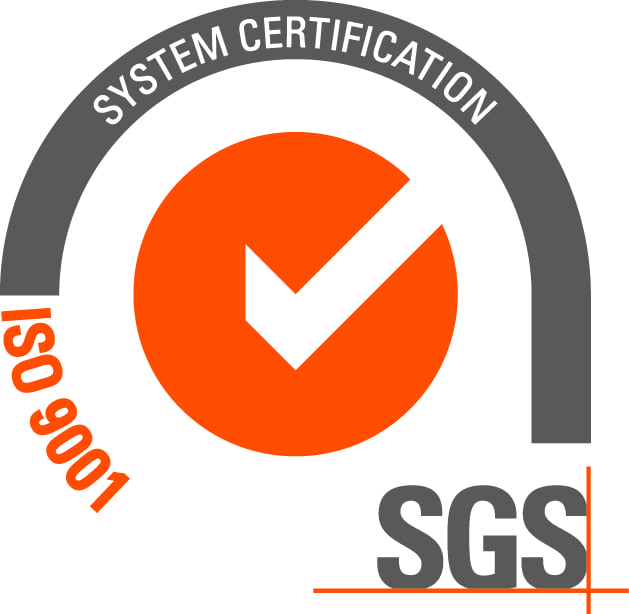
 LACQUA 2024 International Conference (Latin American & Caribbean Aquaculture) was held, which corresponds to one of the important scientific-technical events in the area of aquaculture, which are usually held in Latin America. On this occasion, on behalf of the Fisheries Development Institute, the researcher from the Department of Hydrobiological Health, Juan Carlos Quintanilla, participated.
LACQUA 2024 International Conference (Latin American & Caribbean Aquaculture) was held, which corresponds to one of the important scientific-technical events in the area of aquaculture, which are usually held in Latin America. On this occasion, on behalf of the Fisheries Development Institute, the researcher from the Department of Hydrobiological Health, Juan Carlos Quintanilla, participated.
At the activity, the IFOP representative presented the work “Health Status of wild fish and free-living salmonids in freshwater and marine bodies of southern Chile: More than a decade of monitoring”, which is carried out within the framework of the permanent research program executed by IFOP. In his presentation, he announced the historical results of the monitoring carried out on wild fish and free-living salmonids, in the detection of the main pathogens causing High Risk Diseases (HRD), emphasizing the importance of this program, since it is the only study in the country that monitors the health status of wild fish. In this regard, he highlighted the surveillance carried out on 14 pathogens from fish captured in 21 areas distributed between the regions of La Araucanía to Magallanes and the Chilean Antarctic.
The results showed that of the total number of pathogens monitored, only the viral pathogens Piscine orthoreovirus (PRV) and Infectious Pancreatic Necrosis Virus (IPNV) and the bacterial pathogens Flavobacterium psychrophilum, Renibacterium salmoninarum and Piscirickettsia salmonis have been detected. For the latter, the high detection rates recorded in the wild species sea bass and sea silverside stand out, which usually cohabit in the environment of the cages where salmonids are farmed. These findings raise the epidemiological importance that wild species could have in their role as potential reservoirs, maintainers and/or transmitters of pathogens that cause EAR, and that affect farmed salmonid species.
Press realted links:




